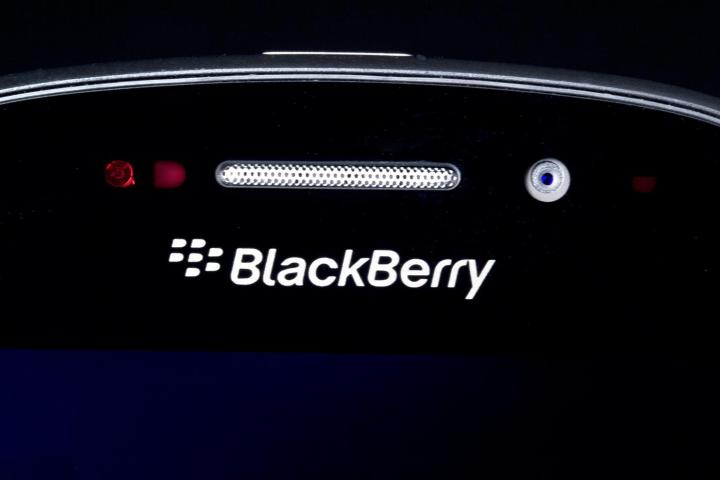
A snippet of information in BlackBerry’s recently published Q3 earnings report reveals the mobile maker has had to cancel two handsets that were in development in order to make much needed savings. Other money-saving measures for the mobile company reportedly include the cancelation of its BlackBerry Live 2014 conference, which was scheduled to take place in May.
Noted by the Wall Street Journal on Monday, the information in the earnings report stated that the Waterloo, Ontario company had decided to “cancel plans to launch two devices to mitigate the identified inventory risk.”
The phones, reportedly low-cost devices aimed at emerging markets, were codenamed Café and Kopi, though it’s not known how close they were to launch or how much time and money had been invested in their development.
The news ties in with interim CEO John Chen’s comments on Friday when he told investors during an earnings call that its designers in North America would focus on enterprise devices, indicating a move – possibly temporary – away from consumer phones, with the Journal’s report adding that BlackBerry is currently working on the development of two high-end handsets codenamed Ontario and Windermere.
However, despite the two cancelations, BlackBerry seems intent on going ahead with the manufacture of at least one other low-cost handset in the coming months, the result of a recent deal with Taiwan-based manufacturing giant Foxconn. The BB10 phone is expected to sell in Indonesia – a market where BlackBerry remains popular – and should launch in March or April.
BlackBerry’s financial figures for Q3, posted Friday, showed a colossal $4.4 billion loss for the business. While it sold 3.2 million BlackBerry 7 phones during the three-month period, its newer BlackBerry 10 devices performed less well, with just over a million sales recorded.
Chen’s mission to steady the BlackBerry ship is a task certainly not for the faint-hearted, though the interim boss thinks that by focusing the business on four main areas – handsets, enterprise mobility management solutions, cross-platform messaging, and embedded systems – he has at least a fighting chance, and expects to return BlackBerry to profitability in fiscal 2016.


